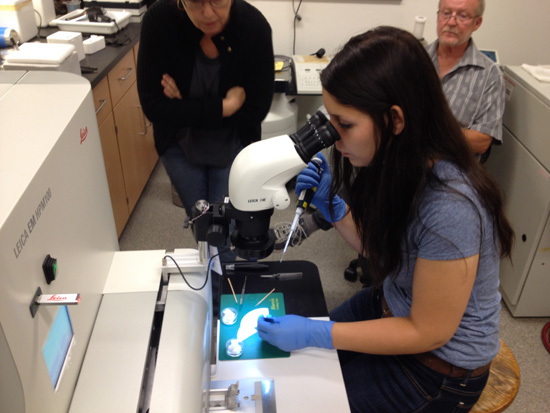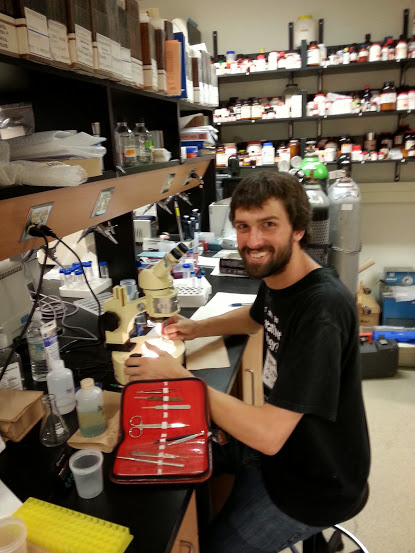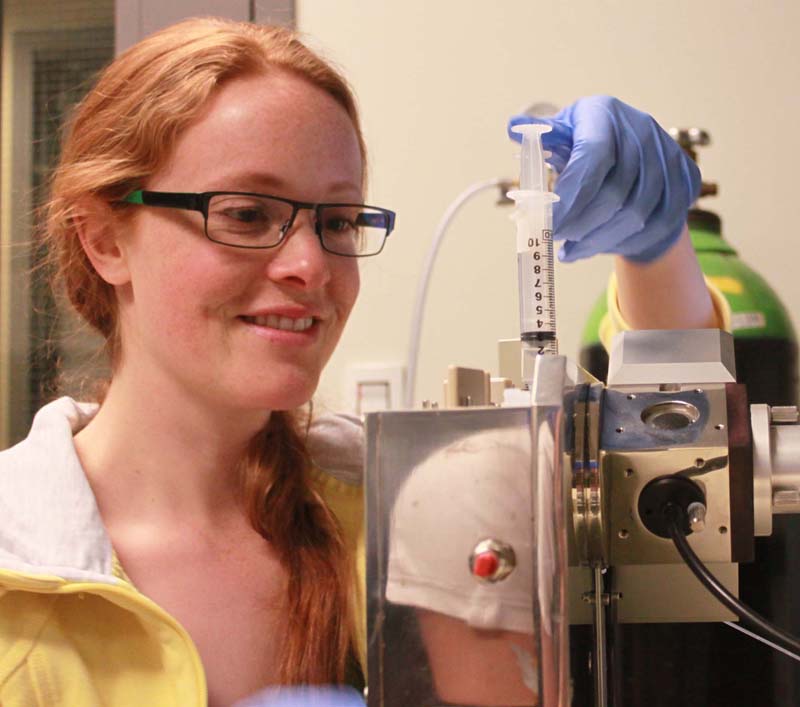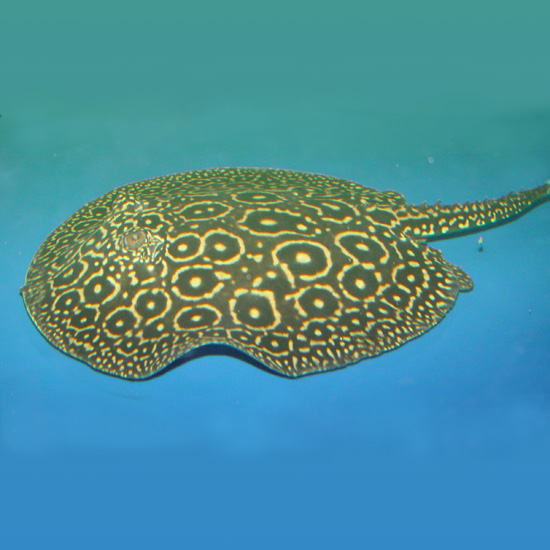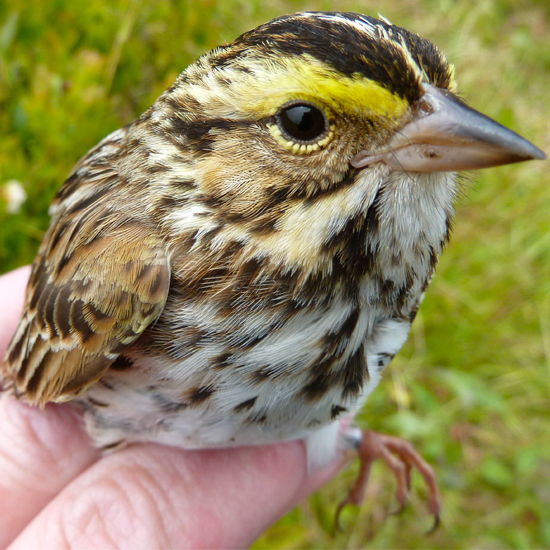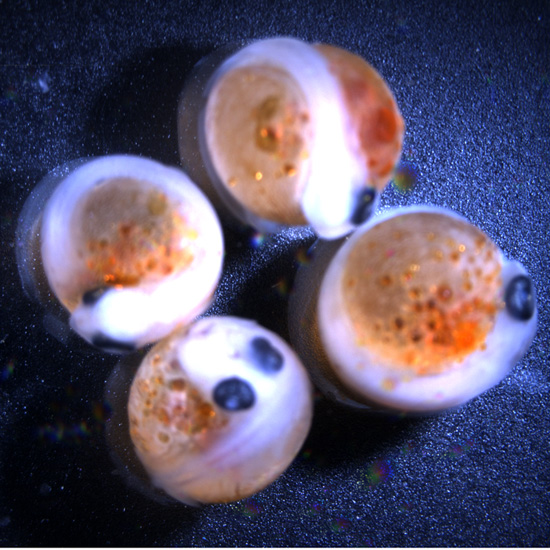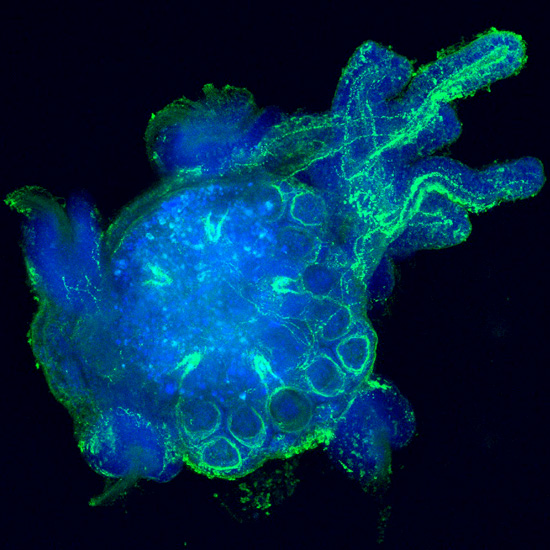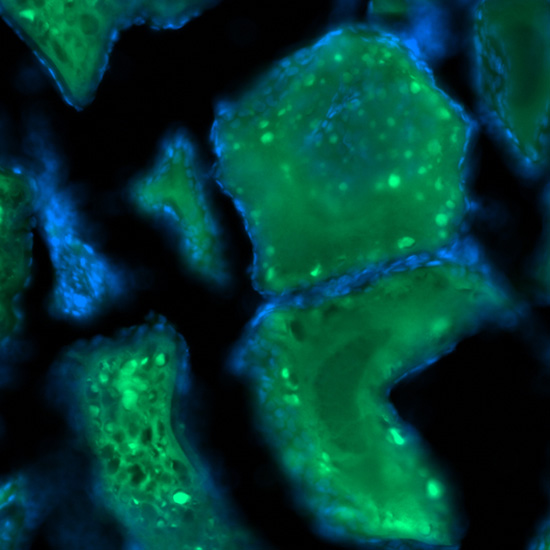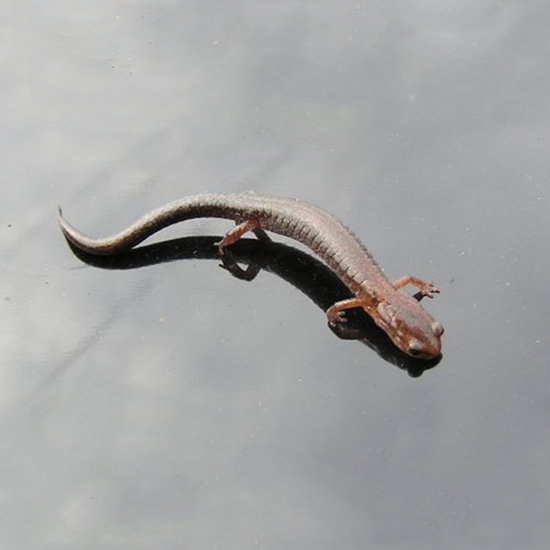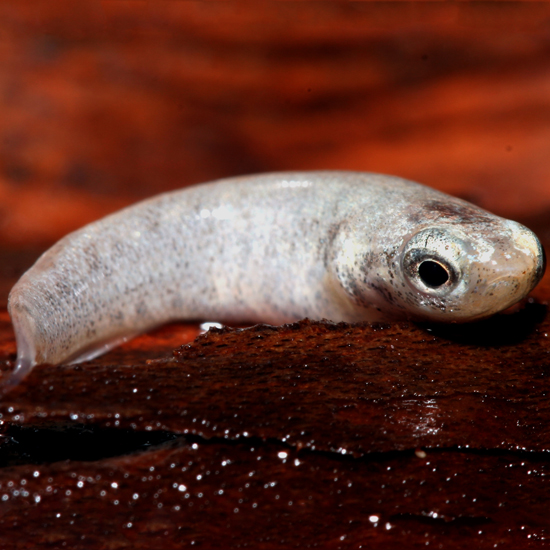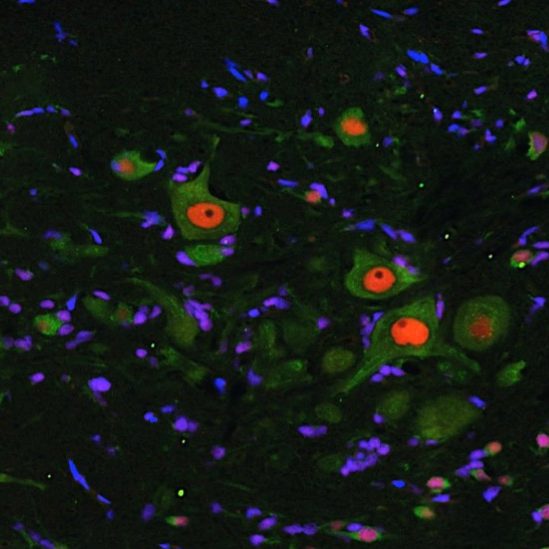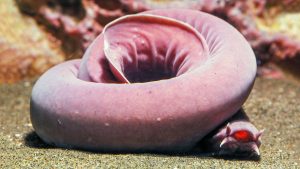Welcome to Comparative Animal Physiology
The Comparative Animal Physiology group at the University of Guelph is one of the largest in Canada and is known for its integrative research on animal function, which incorporates studies of genes to whole animals and everything in between. The enthusiasm, strength and breadth of the group provide an outstanding training environment for postdocs, graduate students and undergraduate researchers. Aquatic research is a particular strength, which is made possible by the world-class facilities that are available in the Hagen Aqualab. The group currently studies a diverse group of animals, including crustaceans, molluscs, echinoderms, lampreys, hagfishes, sharks, skates, lungfishes, teleost fishes, amphibians, reptiles, birds, rodents, and whales. Other strengths of the group include expertise in cardiac function, metabolism, development, neurobiology, hormonal regulation, stress biology, and biomechanics. The group is located in the Summerlee Science Complex and enjoys access to state-of-the-art equipment and facilities for the study of animal structure and function.
For more information about each of the labs in the group, click on the links below. Here you’ll find detailed information about areas of research, publications, techniques, and opportunities for employment and study.
Labs in Comparative Animal Physiology
Ballantyne Lab
Evolutionary and Adaptive Biochemistry
Gillis Lab
Cardiac Protein
Newman Lab
Ecophysiology of Stress
Bernier Lab
Stress Neuroendocrinology
Heyland Lab
Comparative Functional Genomics
Van Der Kraak Lab
Fish Reproductive Physiology
Laberge Lab
Comparative Neurobiology
Wright Lab
Environmental Physiology
Alderman Lab
Stress & Toxicology
Comparative Physiology News
New paper from the Wright and Laberge labs featured on the CBS Website
Written as part of the CBS SCRIBE Writing initiative, take a few minutes to learn a little more about the mangrove rivulus and its behaviour both in and out of water.
Read the original paper here.
Work by Sarah Boggett and Calli Freedman featured in Science
Work on hagfish by students Sarah Boggett and Calli Freedman featured in Science
Fudge Lab research featured in PNAS
The Fudge Lab’s research on hagfish slime and biomimetics is featured in PNAS this week.
Undergraduate students take the lead!
Congratulations Wright Lab on your “cool” recent paper in Biology Letters. “Out of the frying pan into the air: Emersion behaviour and evaporative heat loss in an amphibious mangrove fish.”
Consequences of calcium decline on the embryogenesis and life history of Daphnia magna
Jamie’s paper is now out: http://jeb.biologists.org/content/early/2015/04/30/jeb.123513.abstract

